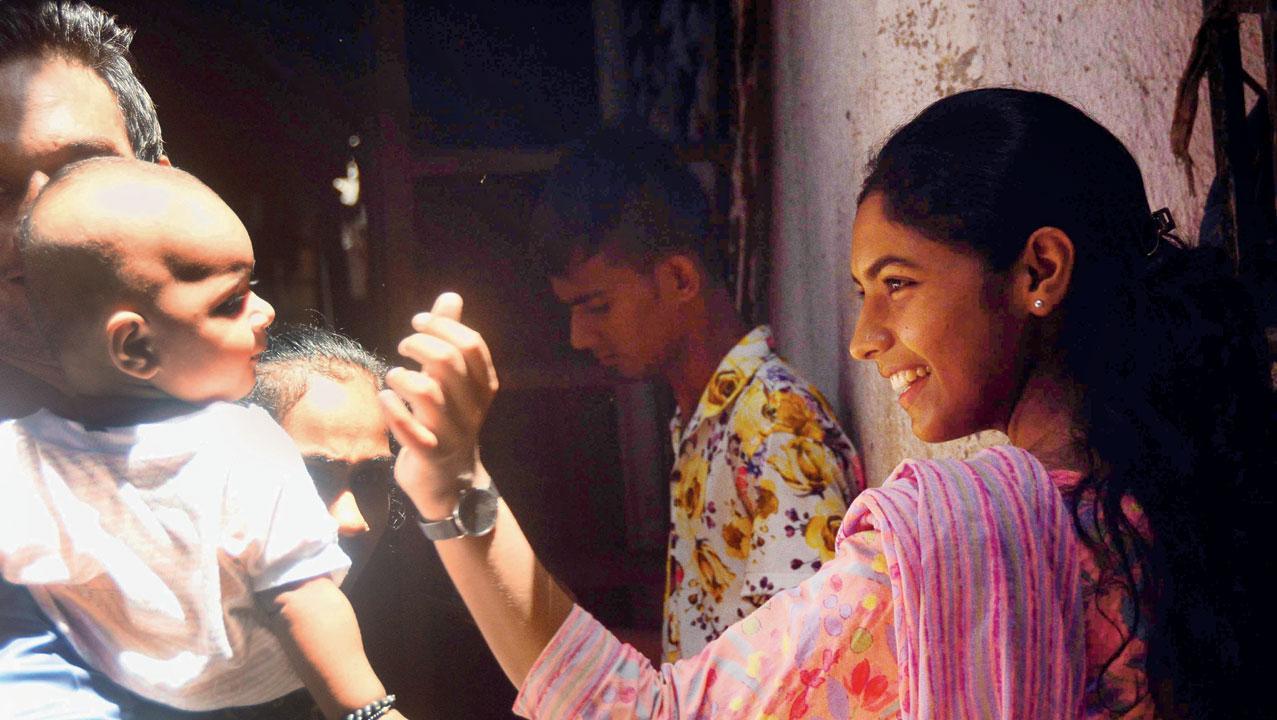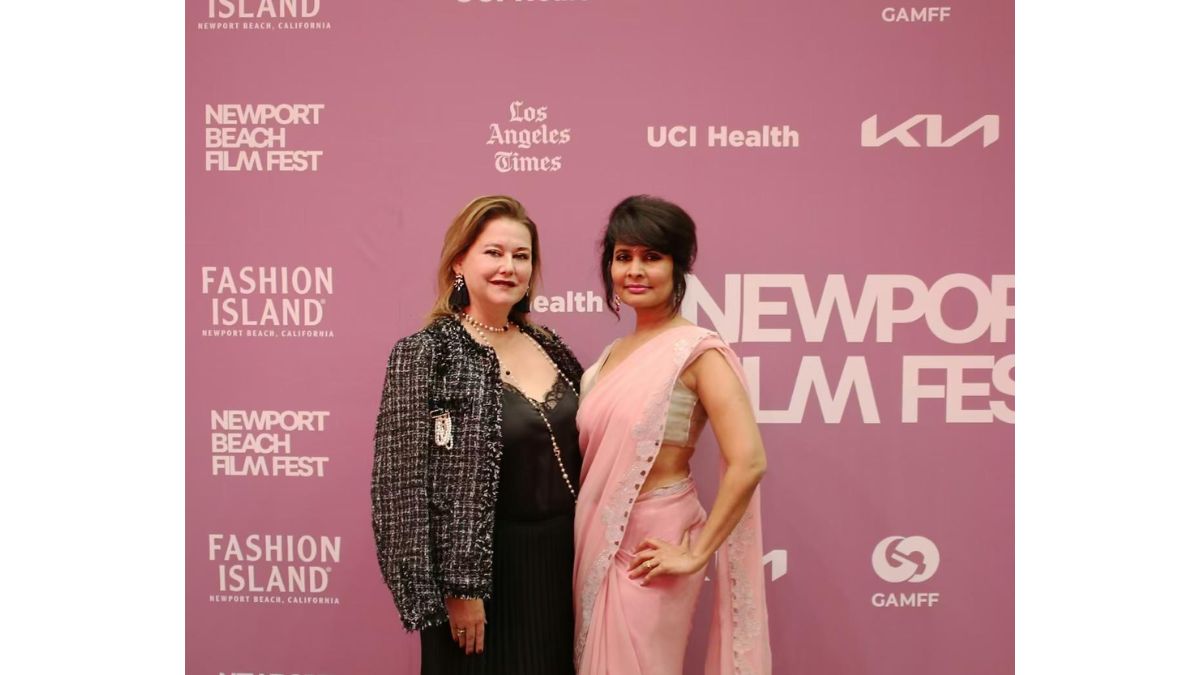Mumbai: 23-year-old wants to fix Dharavi

In Dharavi’s Rajiv Gandhi Nagar, 11 am is laundry time. With everyone off to work, the women fight for space in the narrow lanes that double up as a dhobi ghat. Twenty three-year-old Samya Korde, an LLB student at the New Law College in Mahim, trudges through the soapy water that runs into an open sewage, while making small talk with the women.
As she moves from one lane to the other, she is swallowed by a slew of requests. A lady wearing a harrowed expression, tells her that she is trying to apply for an Aadhar Card, but can’t figure out what document is missing. Another person is worried about sewage entering her home. An agitated man complains about how he is “tired of cleaning the filth in these lanes”.
Korde lends a listening ear to each one of them. She takes photographs of the choked gutters, and heaps of rotting rubbish, and forwards them to her youth volunteers with a one-word message, “check”. Korde started The Dharavi Project in the thick of the pandemic in 2020. “We launched the initiative to help residents with issues related to infrastructure, health, and education,” she tells us.
Also Read: Mumbai: Mithi to be a nullah for another year
With Dharavi becoming a COVID hotspot, she and her tiny team of volunteers began by monitoring residents who had tested positive. “We also requested the BMC to provide COVID data from the area, and followed up with the residents to make sure that they had all the help and medical supplies required.”
Though she has never lived in Dharavi—Korde is a Pratiksha Nagar resident—she has been privy to the concerns of the people living in the slum, courtesy her father Rajiv Korde who launched the Dharavi Bachao Andolan. He has been fighting for the rights of residents and small businesses that will be affected by the slum redevelopment project.
The delay in the BMC polls has meant that Mumbai has had no elected representatives since March 2022. Since then, BMC commissioner Iqbal Singh Chahal has been presiding over the civic body as administrator. This has had a catastrophic effect on almost every aspect of life in Dharavi, says Korde.
“There is no corporator here for the last one-and-a-half years. I can’t remember the last time the nagar sevak came here,” says Korde, adding, “We need to fix broken gutter covers, as well as choked sewers before monsoon. The public toilets are in dire condition, and law and order has gone for a toss.” The BMC was scheduled to go to the polls late last year, but with the state government reversing the decision of the Maharashtra Vikas Aghadi regime on the formation of wards to their 2017 status, the polls have been pushed again.
Though she is a social worker at heart, Korde believes that the problem can only be resolved by becoming part of the system. A former president of the student’s union of the Peasants and Workers Party of India, she is now an important face of the party, working for labour rights. “I will be contesting the BMC elections from here,” she ends.





